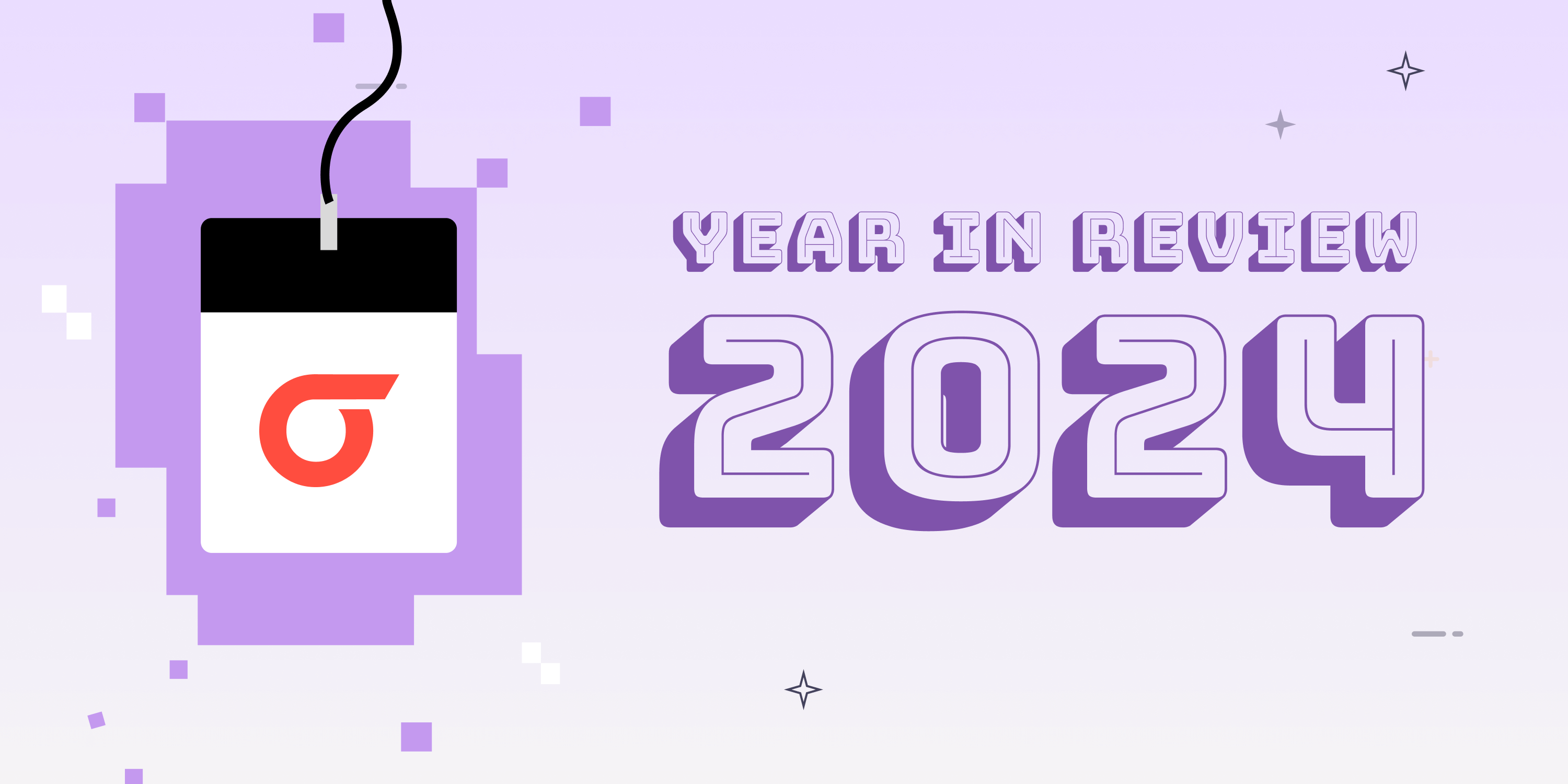In a recent statement, health insurance giant UnitedHealth Group has disclosed the severity of a ransomware attack that targeted its health tech subsidiary, Change Healthcare. The incident, which occurred earlier this year, has resulted in a significant breach of Americans’ private healthcare data, raising concerns about the security of sensitive information within the healthcare sector.
UnitedHealth Group’s Breach Details
UnitedHealth Group has acknowledged that a ransomware gang successfully accessed files containing personal data and protected health information, potentially affecting a substantial portion of the American population. The scale of the data theft underscores the vulnerability of healthcare systems to sophisticated cyber threats and highlights the urgent need for enhanced cybersecurity measures across the industry.
Implications for American Healthcare
Change Healthcare, responsible for processing insurance and billing for numerous hospitals, pharmacies, and medical practices nationwide, possesses access to vast repositories of health information, encompassing approximately half of all Americans. The breach not only compromises the privacy of individuals but also poses significant challenges to healthcare providers in safeguarding patient data and maintaining operational continuity.
Response and Recovery Efforts
UnitedHealth Group has indicated that it is currently undertaking a comprehensive review of the stolen data, a process expected to extend over several months. Despite assurances that no evidence has been found of exfiltrated doctors’ charts or full medical histories, the prolonged nature of the investigation underscores the complexity of mitigating the repercussions of a cyberattack of this magnitude.
Escalation of Threats
The disclosure of the data theft coincides with the emergence of a new hacking group, identified as RansomHub, which has begun publicly releasing portions of the stolen data in a bid to extort additional ransom payments. This development underscores the escalating threat landscape facing healthcare organizations, as cybercriminals exploit vulnerabilities to extract financial gain at the expense of patient privacy and organizational integrity.
Payment and Accountability
In a controversial move, UnitedHealth Group has confirmed that it acquiesced to the ransom demands, citing its commitment to safeguarding patient data. However, the decision to pay the cybercriminals has sparked debate over the efficacy of such actions in combating ransomware attacks and has raised questions regarding the accountability of organizations in protecting sensitive information from malicious actors.
Ongoing Investigations and Fallout
The incident has prompted investigations into the security practices of Change Healthcare, with reports suggesting that the cybercriminals gained access to the network using stolen credentials for remote system access. The prolonged disruption caused by the ransomware attack has had far-reaching consequences, leading to widespread outages in pharmacies and hospitals and exacerbating financial strains on healthcare providers grappling with the fallout.
Financial and Legal Ramifications
UnitedHealth Group has incurred substantial financial losses as a result of the ransomware attack, with estimated costs surpassing $870 million. Despite resilient revenue figures, the incident underscores the financial vulnerabilities inherent in cybersecurity breaches and underscores the need for robust risk management strategies to mitigate future threats.
Congressional Inquiry and Accountability
The CEO of UnitedHealth Group, Andrew Witty, is scheduled to testify before House lawmakers on May 1, shedding light on the company’s response to the ransomware attack and its implications for national cybersecurity and healthcare infrastructure. The congressional inquiry underscores the gravity of the incident and the imperative for heightened vigilance and accountability in safeguarding critical infrastructure and sensitive data.
In conclusion, the ransomware attack on Change Healthcare represents a watershed moment in the ongoing battle against cyber threats in the healthcare sector. The incident underscores the urgent need for collaborative efforts among stakeholders to fortify defenses, enhance cybersecurity protocols, and mitigate the risk of future attacks on critical healthcare infrastructure.
As the fallout from the breach continues to unfold, it serves as a stark reminder of the imperative to prioritize cybersecurity as an integral component of healthcare delivery and data management in an increasingly digitized world.





















Discussion about this post